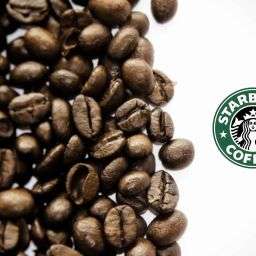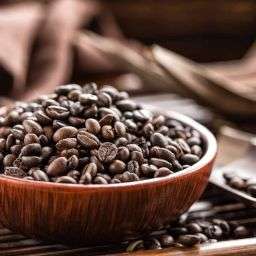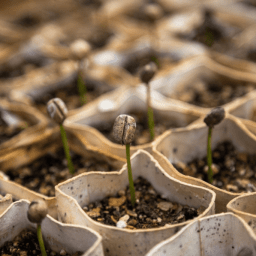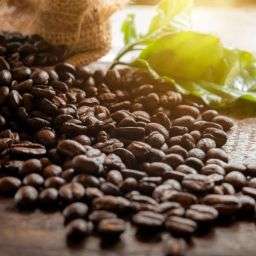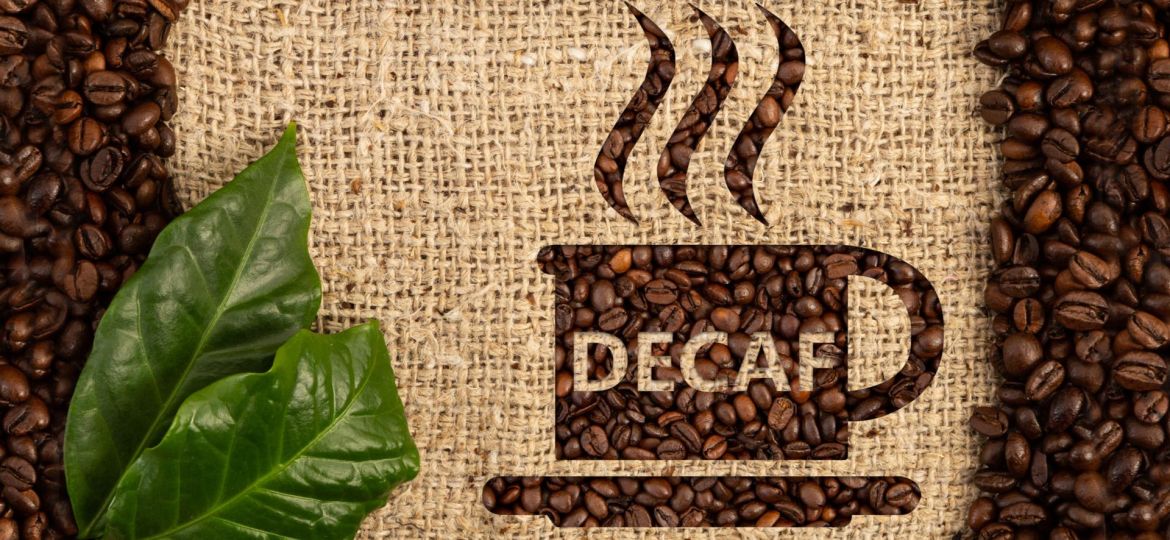
The coffee landscape has evolved significantly, with decaffeinated options becoming indispensable for those sensitive to caffeine or looking to reduce their intake without sacrificing the ritual and pleasure of a coffee cup. The advent of flavored decaf coffee beans marks a notable trend, catering to a niche that seeks the full-bodied experience of coffee coupled with diverse, aromatic flavors, minus the caffeine.
Understanding Decaf: Process and Benefits
Decaffeination is a meticulous process that extracts caffeine from coffee beans, ensuring the essence of coffee is preserved. This process typically involves water, organic solvents, or carbon dioxide, with the Swiss Water Process being one of the most popular methods due to its chemical-free approach.
Decaf coffee offers significant health benefits, including reduced risk of certain diseases, lower anxiety levels, and improved sleep quality, making it an excellent choice for health-conscious individuals.
Varieties of Flavors in Decaf Coffee
The realm of flavored decaf coffee is vast, with options ranging from classic vanilla and hazelnut to more exotic flavors like blueberry cobbler and caramel maple rum. The flavoring process occurs after decaffeination, ensuring the beans’ integrity and taste profile.
Techniques vary, including the use of natural oils, essences, or even real bits of flavoring agents, such as nuts and spices, to infuse the beans with rich and authentic flavors. This variety caters to an array of palates, offering a personalized coffee experience that doesn’t compromise on taste or quality.
How to Select the Best Flavored Decaf Coffee Beans
Selecting the best flavored decaf coffee beans requires attention to aroma, origin, and roasting process. Aroma is indicative of freshness and quality, offering a glimpse into the flavor profile you can expect from the brew. The origin of the beans plays a crucial role, as different regions impart unique characteristics to the coffee.
For instance, beans from Latin America often have a light, sweet flavor, ideal for nutty or chocolatey blends, while African beans might offer fruity or floral notes, complementing more exotic flavors.
The roasting process also affects the final taste; darker roasts typically result in a bolder flavor, while lighter roasts may preserve the bean’s original characteristics. For flavored decaf coffee, medium roasts are often preferred as they balance the inherent coffee flavors with the added essences without overpowering them.
Recommendations for top flavored decaf coffee beans include hazelnut crème, caramel, maple, rum flavored, and unique picks like blueberry cobbler and strawberry cheesecake flavored beans. These options cater to a variety of taste preferences, from traditional to more adventurous palates.
Brewing the Perfect Cup of Flavored Decaf Coffee
Brewing the perfect cup of flavored decaf coffee begins with choosing the right method. French press, pour-over, and drip brewing are excellent for highlighting the nuanced flavors of decaf coffee. Each method extracts different aspects of the coffee’s flavor profile, with the French press offering a richer body, pour-over delivering clarity and precision in taste, and drip brewing providing a balance between the two.
To enhance the flavor profile of decaf coffee, consider the grind size, water quality, and brewing time. A finer grind is ideal for methods like espresso, which require a quick extraction, whereas a coarser grind suits slower methods like the French press. The quality of water used can significantly impact the coffee’s taste; soft, filtered water is recommended to avoid off-flavors.
Lastly, brewing time should be adjusted according to the method to ensure optimal extraction without over-extraction, which can lead to bitterness.
FAQs
Does flavored decaf coffee contain any caffeine?
All decaf coffees, including flavored varieties, contain trace amounts of caffeine. The decaffeination process removes about 97-99% of caffeine, making it a low-caffeine alternative to regular coffee.
How are flavors preserved in decaf coffee beans?
Flavors in decaf coffee beans are preserved through careful roasting and flavoring processes. After decaffeination, beans are often flavored with natural oils or extracts, which are added when the beans have cooled but are still warm, ensuring the flavor compounds adhere well to the beans.
Any brewing tips for flavored decaf coffee?
For the best flavor, use fresh water at a temperature of about 195°F to 205°F and a medium grind. Adjust the brewing time and grind size based on your brewing method to avoid over or under-extraction, which can impact the flavor.
Conclusion
Flavored decaf coffee beans offer a delightful compromise for those looking to reduce their caffeine intake without missing out on the rich, aromatic experience of coffee. With a wide range of flavors available, from classic to exotic, there’s a decaf option to suit every palate.
These beans not only cater to health-conscious individuals but also to those who wish to enjoy coffee at any time of the day without affecting their sleep quality. We encourage coffee lovers to explore the diverse world of flavored decaf coffee beans, discovering new tastes and revisiting familiar ones, all while enjoying the comfort and warmth that only a cup of coffee can provide.
Whether your preference leans towards the nutty, fruity, or indulgent, flavored decaf coffee beans are a testament to the versatility and enduring appeal of coffee.






